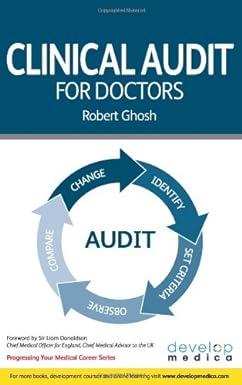Question
In the multifaceted realm of corporate accounting, a cornerstone of modern business operations, numerous intricacies, and critical facets shape the financial landscape of organizations. Could
In the multifaceted realm of corporate accounting, a cornerstone of modern business operations, numerous intricacies, and critical facets shape the financial landscape of organizations. Could you please provide an exhaustive examination of corporate accounting by elucidating the fundamental principles, methodologies, and functions that underpin the discipline, beginning with an in-depth exploration of the distinction between financial accounting, managerial accounting, and tax accounting, delineating how each serves distinct yet interconnected roles within an organizational framework? Furthermore, could you delve into the complex web of regulatory compliance that corporate accountants navigate, encompassing a discussion of the ever-evolving regulatory environment, the significance of financial reporting standards such as Generally Accepted Accounting Principles (GAAP) in the United States and International Financial Reporting Standards (IFRS) on a global scale, and the implications for multinational corporations striving to harmonize their financial reporting across diverse jurisdictions to ensure transparency, comparability, and regulatory adherence?
Continuing along this comprehensive trajectory, it is essential to explore the central components of financial reporting, including a meticulous examination of the primary financial statements the balance sheet, income statement, and cash flow statement elucidating not only their individual components and construction but also the pivotal role they collectively play in conveying an organization's financial health and performance to various stakeholders. This exploration should encompass the intricacies of accrual accounting versus cash accounting, discussing their respective methodologies, advantages, and potential pitfalls, and how their application can profoundly influence financial reporting outcomes, financial decision-making processes, and tax liabilities.
Furthermore, in an era characterized by heightened scrutiny of corporate governance and ethical concerns, it is incumbent upon us to delve into the ethical considerations and challenges that corporate accountants routinely confront. This should encompass an analysis of issues such as earnings management, revenue recognition policies, and the responsibilities of auditors in upholding the integrity and reliability of financial information. Additionally, we should explore the role of regulatory bodies and professional organizations in setting and enforcing ethical standards, thereby safeguarding the transparency, credibility, and accountability of corporate accounting practices.
Moreover, as technology continues to advance and automation becomes increasingly prevalent, it is imperative to discuss the impact of emerging technologies, such as artificial intelligence and blockchain, on the field of corporate accounting. How are these technologies transforming traditional accounting processes, improving efficiency, reducing errors, and enhancing data security? What are the challenges and opportunities that arise from this technological evolution, and how can corporate accountants adapt and leverage these innovations to bolster their roles as strategic advisors within organizations?
Step by Step Solution
There are 3 Steps involved in it
Step: 1

Get Instant Access to Expert-Tailored Solutions
See step-by-step solutions with expert insights and AI powered tools for academic success
Step: 2

Step: 3

Ace Your Homework with AI
Get the answers you need in no time with our AI-driven, step-by-step assistance
Get Started


